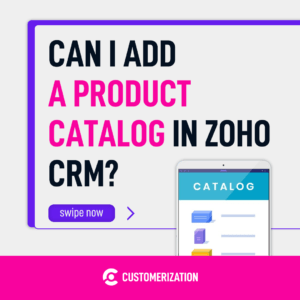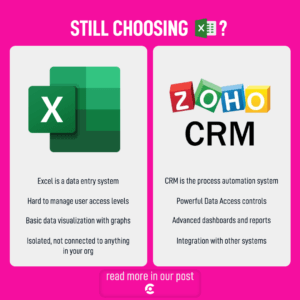Customer relation management (activities) involve a lot of variables and data points that keep changing day after day. Without an automated tracking system, it can be challenging to track these changes manually, yet they are very crucial in assessing the effectiveness of your CRM endeavors. Dashboards in CRM help to give you insights about these changes in a way that you can customize based on your needs.
In this article, we shall discuss what the terms CRM dashboards means and how they can be used to your advantage. We shall also share with you how they differ from alters and when it is best to use either of these two CRM features.
What are Dashboards in CRM?
Dashboard are a tool in a CRM software that help to give an insight into the different CRM activities and other Key Performance Indicators (KPIs). The data shown in the dashboard is a summary of your CRM activities and how effective they have been within a specific period. The metrics of the dashboard are usually represented in terms of figures, data charts, and graphs.
You can also easily track the performance of your different team members using dashboards. The good news is most CRM platforms give you the flexibility to customize the dashboard so that they only display the metrics that you care about the most. Some of the common dashboard metrics in most CRM platforms include; outbound calls, contracts closed, call/contract ratio, average contract value, etc.
Different users of any CRM platform are given different levels of access to these metrics. For instance, a sales manager account will often have access to different metrics than an account for a sales agent. The flexibility in terms of determining which metrics to show also depends on the capabilities of the CRM system you are using.
Benefits of CRM dashboards
- They help managers to make decisions from an informed point of view. When managers have an insight into the different CRM metrics, they are able to make decisions without having to make lots of assumptions.
- They help keep all team members on track about their performance and the overall performance of the CRM department.
- They give your team an idea of the CRM activities that you have to give more priority.
- They help in setting both short-term and long-term targets for the company.
Alerts in CRM
Alerts and notifications that different users of a CRM software receive based on actions taken by the client or other team members, or even reminders you have filed for yourself. The kind of alerts received also differ depending on the type of account one has. For instance, a sales agent account may get constant alerts about the messages being sent by target customers.
Alerts vs dashboards – which one should use?
While starting off the day, we always recommend going through the dashboard so that you can look at the performance of the previous day and also set targets for the day. Starting your day with alerts can be destructive and can easily hurt the flow of the day. However, alerts are very important in certain cases. For instance, if you are a sales agent and you are interacting with a certain customer, alerts will help you know when they respond to your message.
Final thoughts
Dashboards are a crucial feature in any CRM software, and when put to good use, they can lead to better performance of your team and the entire business. That is why we recommend starting your day by looking at the metrics in your dashboard because this will give you an idea of what targets to set for the day and also determine the tasks that need to be given more priority.
However, to get the best out of dashboards, you need to build them thoughtfully by first considering what data you have in the CRM, what you want to pull into the reports, and who needs to see these, plus the conclusions to make and actions to take. The goal is to ensure every user of the CRM platform sees the metrics that matter most to them.
Alerts are an important CRM feature for specific cases, especially when immediate responses are needed. Setting up all the necessary alerts for yourself or others will also enhance the workflow.
If you need help defining and setting up your Zoho dashboards, drop us a line at [email protected]





